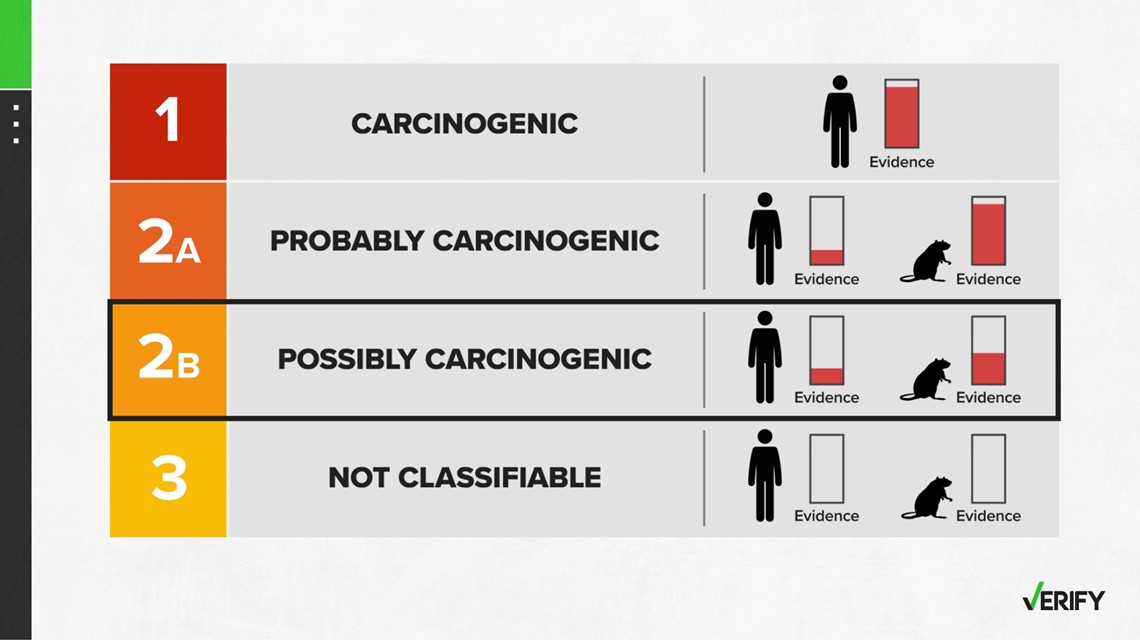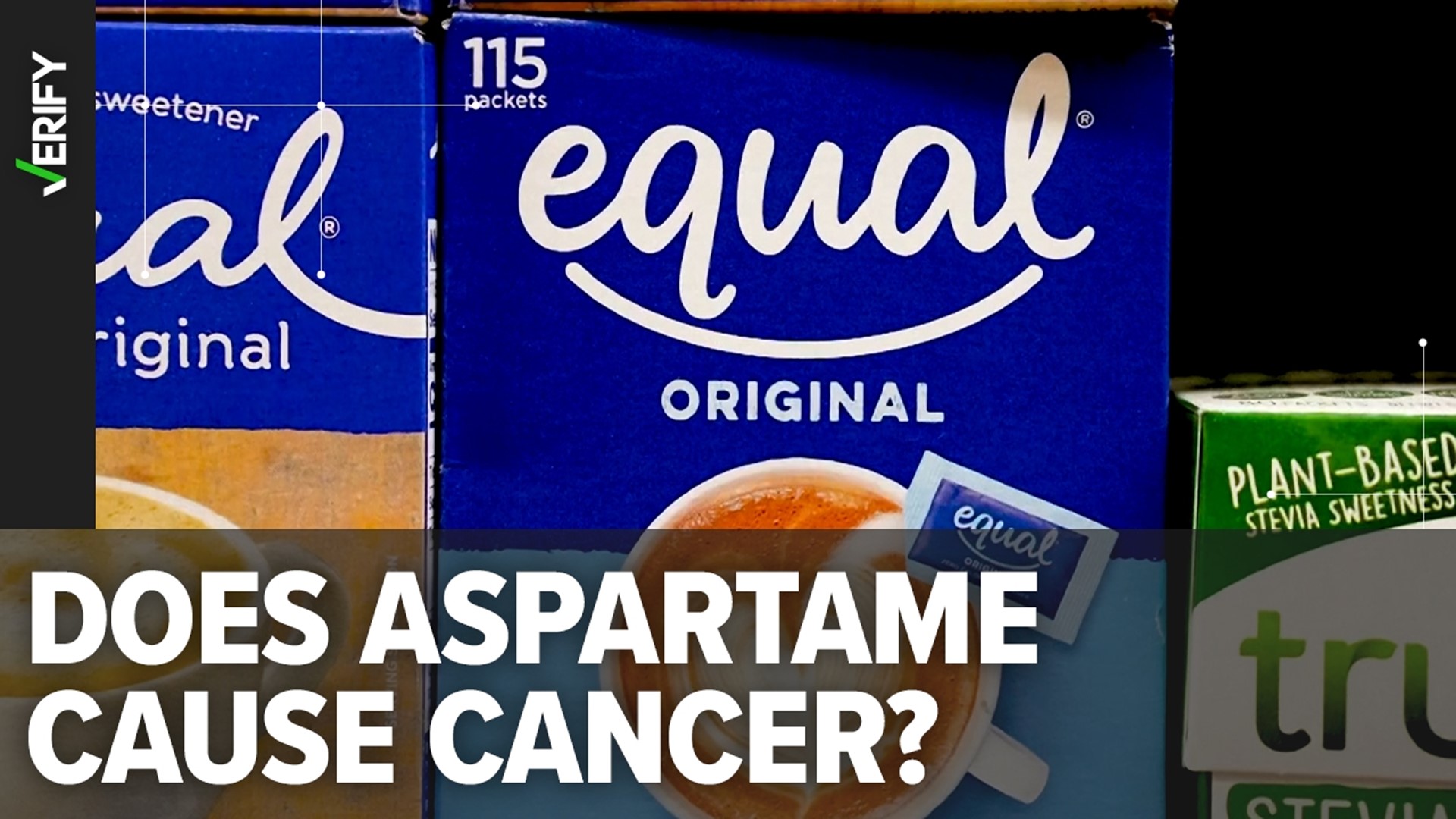On July 14, the World Health Organization officially labeled aspartame – an artificial sweetener found in foods and beverages such as chewing gum and diet sodas – as “possibly carcinogenic.”
The sweetener has been under intense scrutiny since its introduction in the 1980s, but has been broadly judged by the medical community to be safe.
The categorization announcement raised new fears about that safety. But some people claimed those fears are overblown, saying the same label has been applied to products like aloe vera and pickles.
THE QUESTION
Did the World Health Organization place aspartame in the same carcinogen category as pickled vegetables and aloe vera?
THE SOURCES
THE ANSWER
Yes, the WHO has labeled aspartame as “possibly carcinogenic,” the same label it gave to aloe vera whole leaf extract and traditional Asian pickled vegetables.
WHAT WE FOUND
A body of the World Health Organization, the International Agency for Research on Cancer, maintains a list of hundreds of substances which it evaluates for cancer risk.
A panel of experts picks which substances ought to be analyzed, and then IARC examines the existing studies on whether the substance might cause cancer. Then it assigns the substance to one of four categories.
Substances in Group 1 are declared to be “carcinogenic to humans” – meaning there is sufficient scientific evidence it causes cancer in people.
Group 2A is for substances that are “probably carcinogenic” according to the IARC – this means there is sufficient evidence it causes cancer in animals, but still limited evidence in humans.
Group 2B is “possibly carcinogenic” substances – for these there is less than sufficient evidence they cause cancer in animals, and even less evidence in humans.
Group 3 is called “not classifiable,” which means there is insufficient evidence the substance causes cancer in either people or animals.


IARC placed aspartame in Group 2B, possibly carcinogenic. There are 323 total substances in that category as of July 19. Those include aloe vera whole leaf extract and traditional Asian pickled vegetables. They also include some more dangerous substances, such as lead and gasoline.
The category includes such a broad range of substances because the groups aren’t a ranking of how carcinogenic or dangerous a substance is, only a grading of how scientifically confident the WHO is that the substance causes cancer at all.
In the case of aspartame, that confidence is fairly low. When WHO announced the classification, it said there was “limited evidence” of aspartame causing cancer in people.
WHO also did not adjust its recommended acceptable amount of daily consumption for aspartame, keeping it at 40 milligrams per kilogram of body weight. That comes out to roughly 16 cans of Diet Coke’s worth of aspartame per day for a 175-pound person.
The U.S. Food and Drug Administration criticized the announcement, saying it “disagrees” with the classification, citing “significant shortcomings” in the research.
“Aspartame is one of the most studied food additives in the human food supply,” the FDA said in an online statement. “FDA scientists do not have safety concerns when aspartame is used under the approved conditions.”

